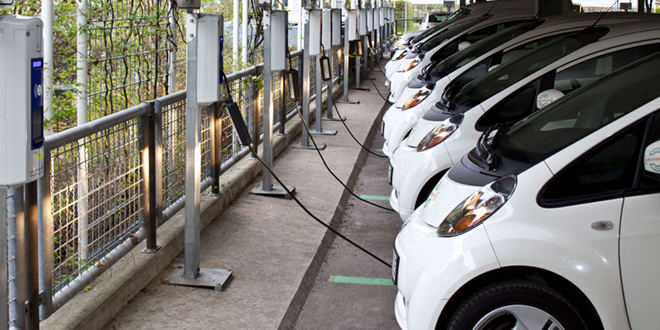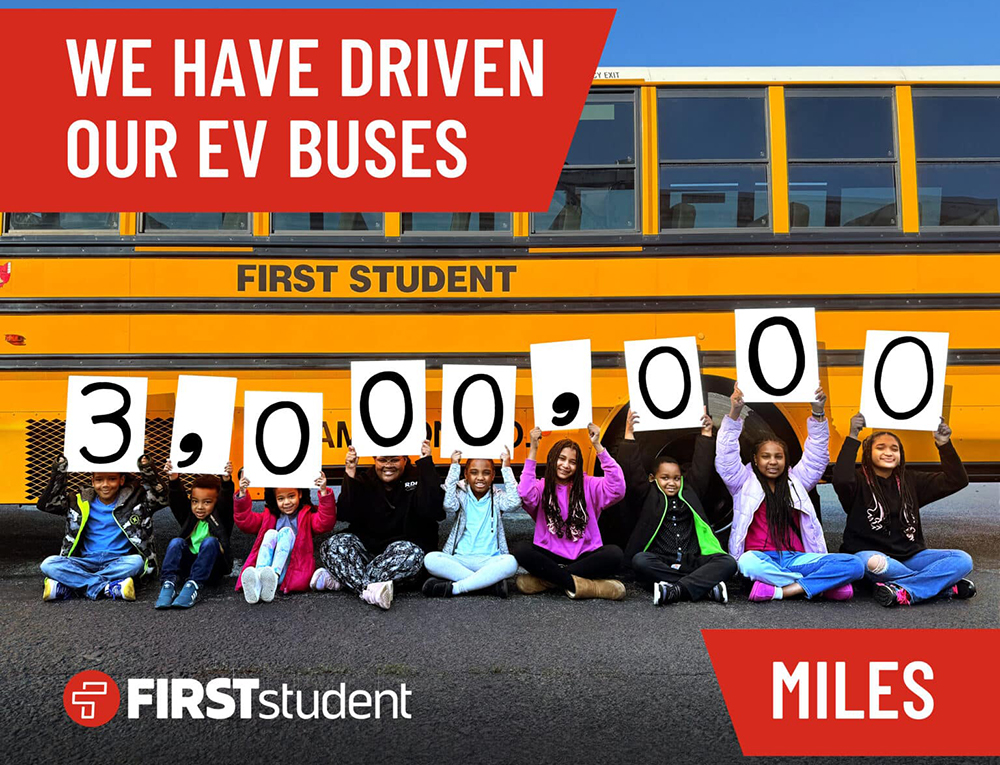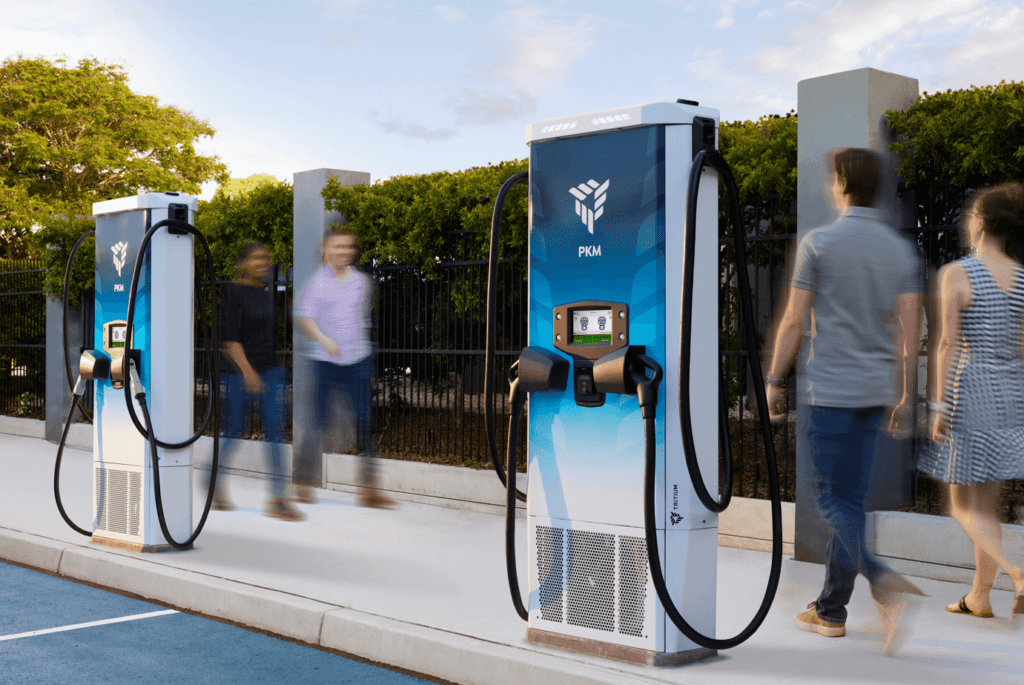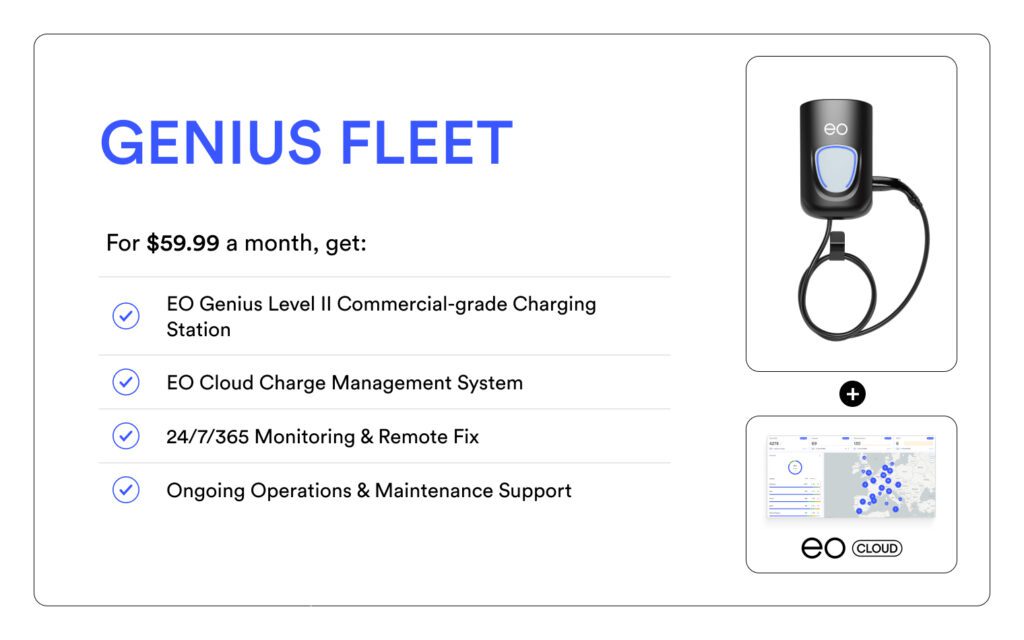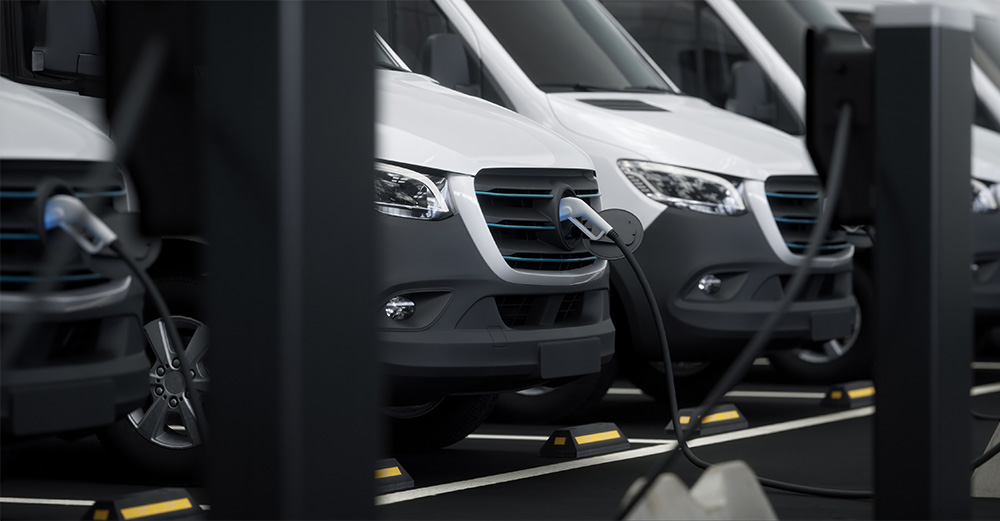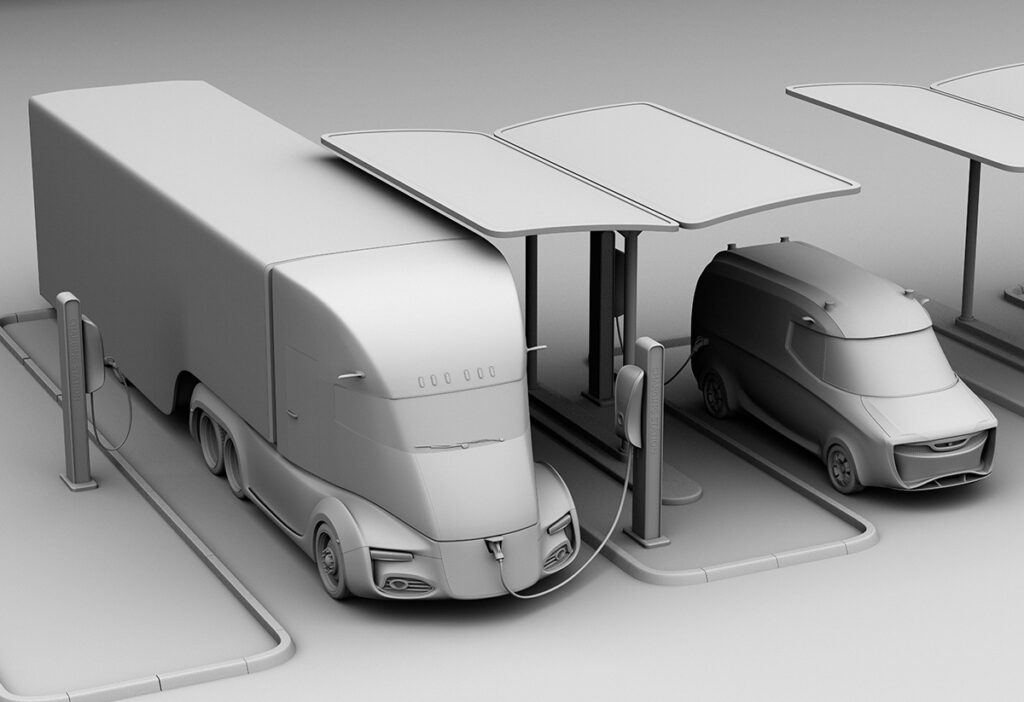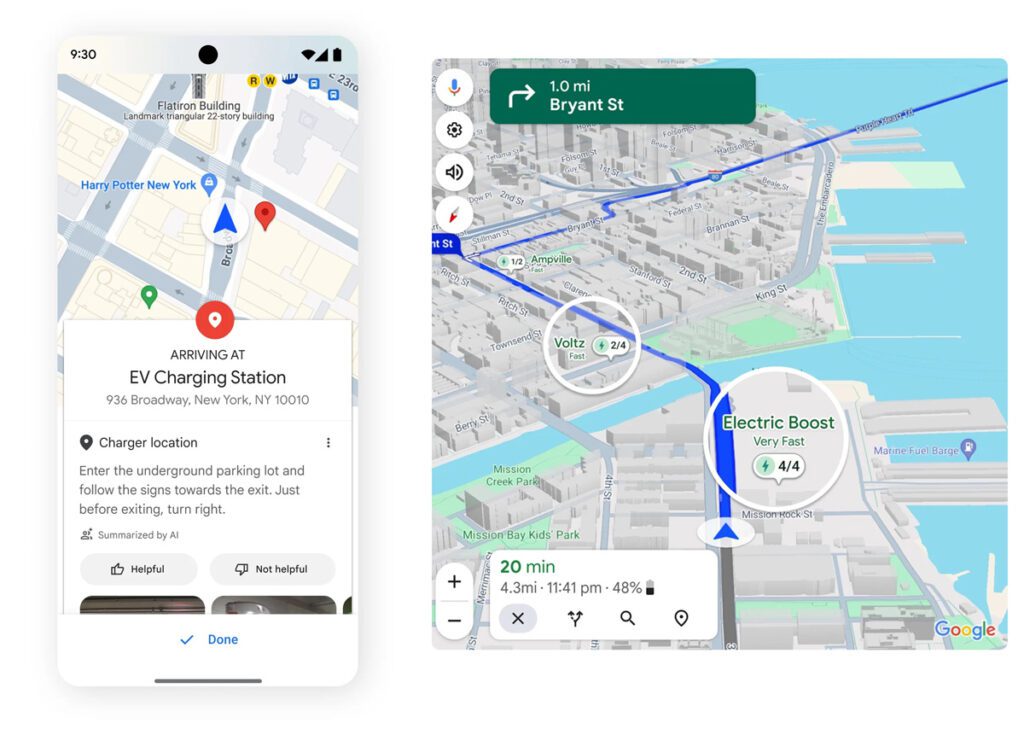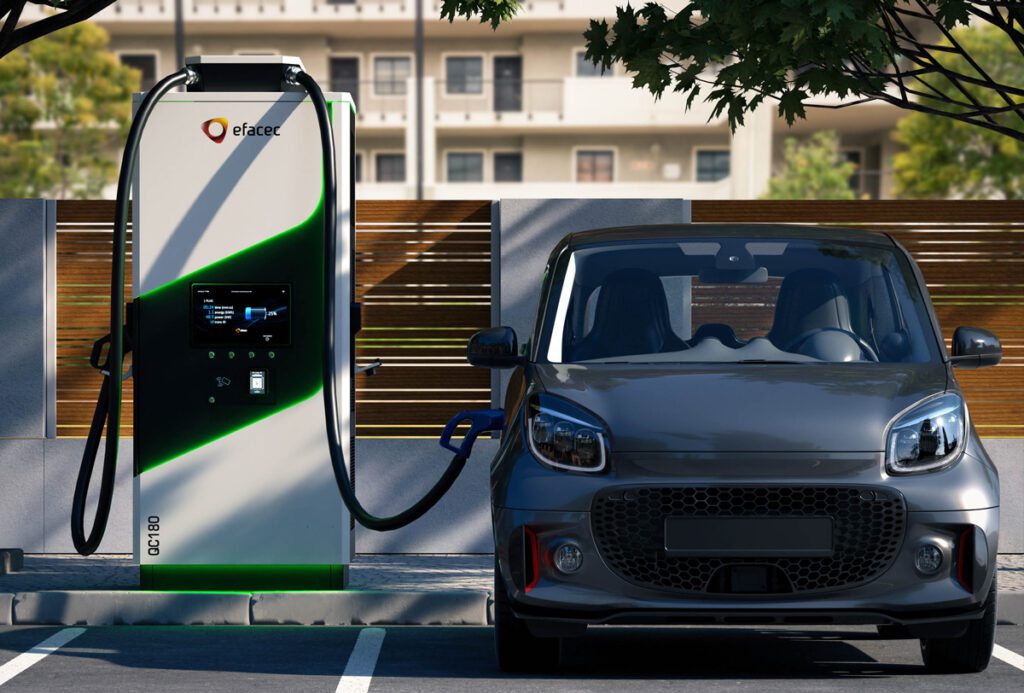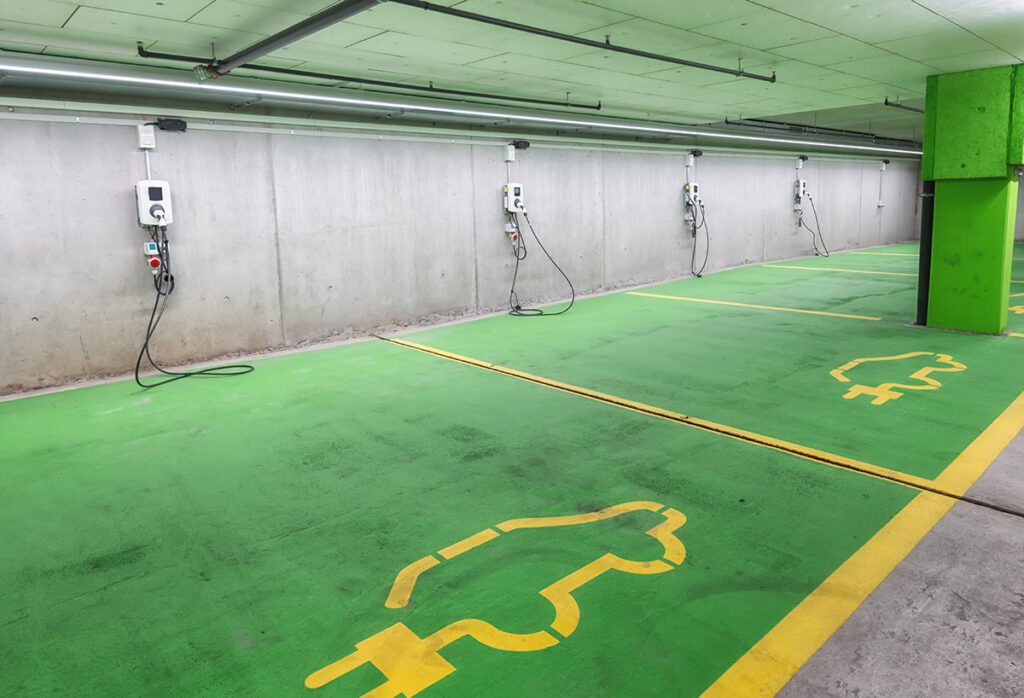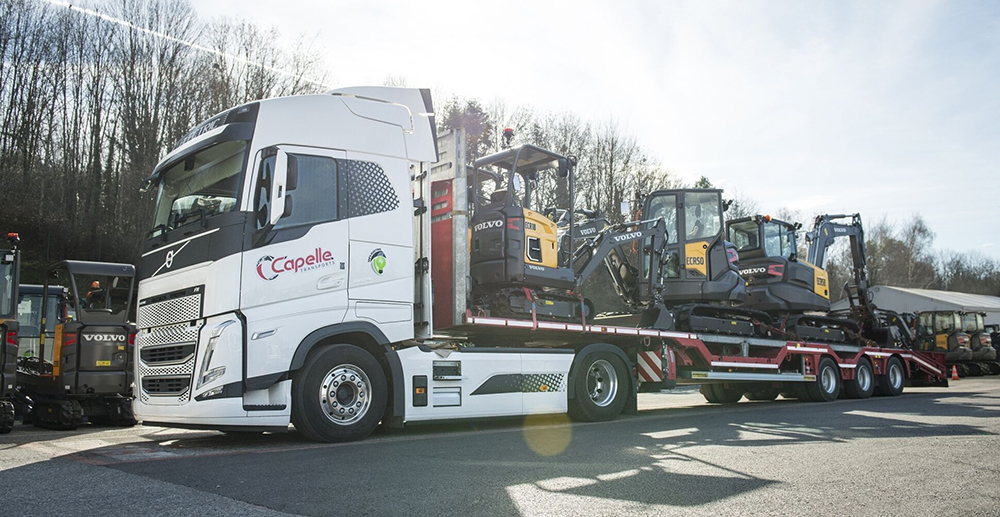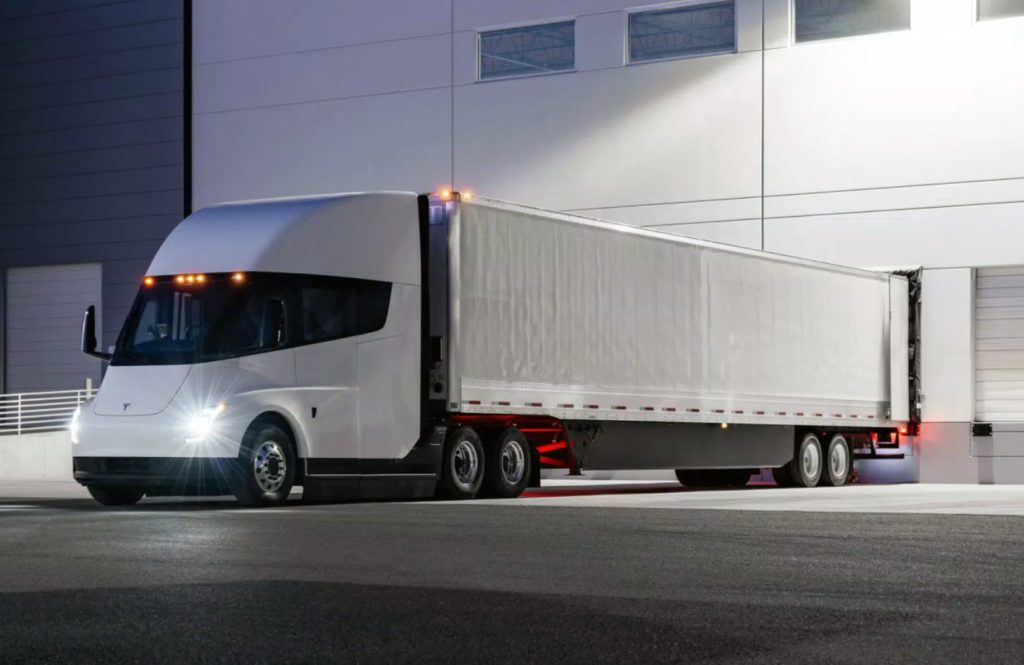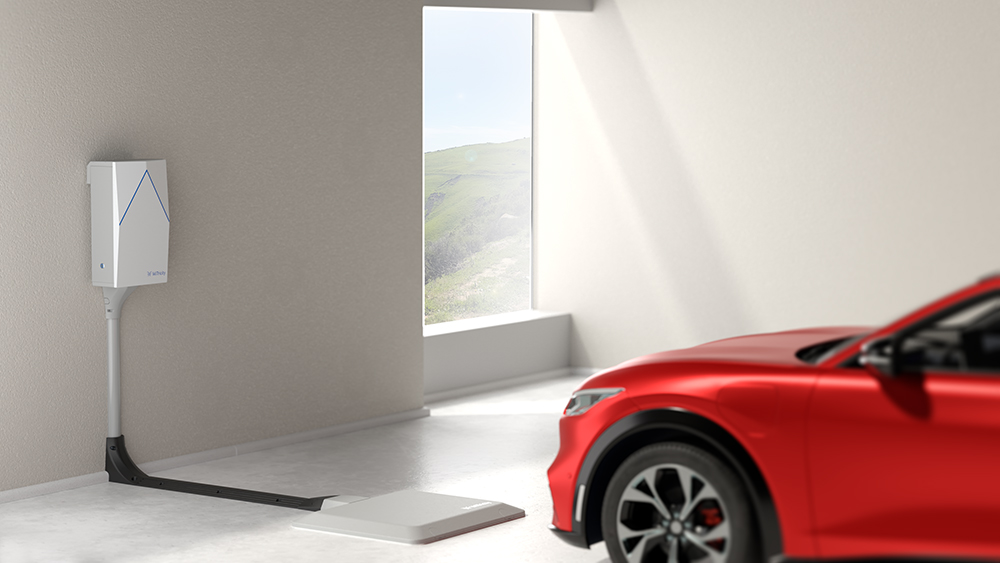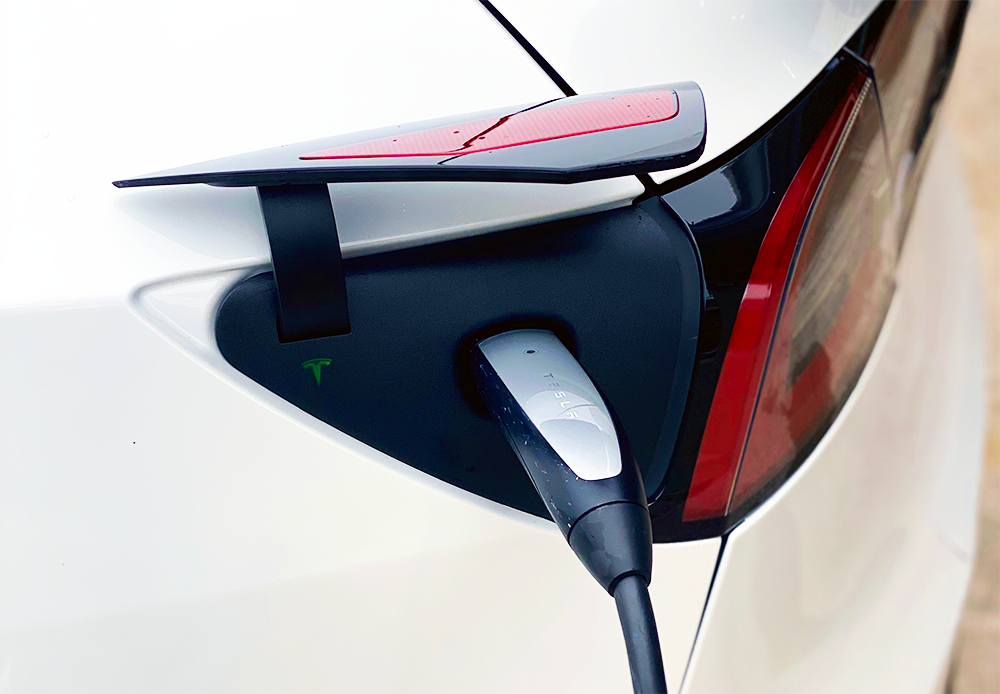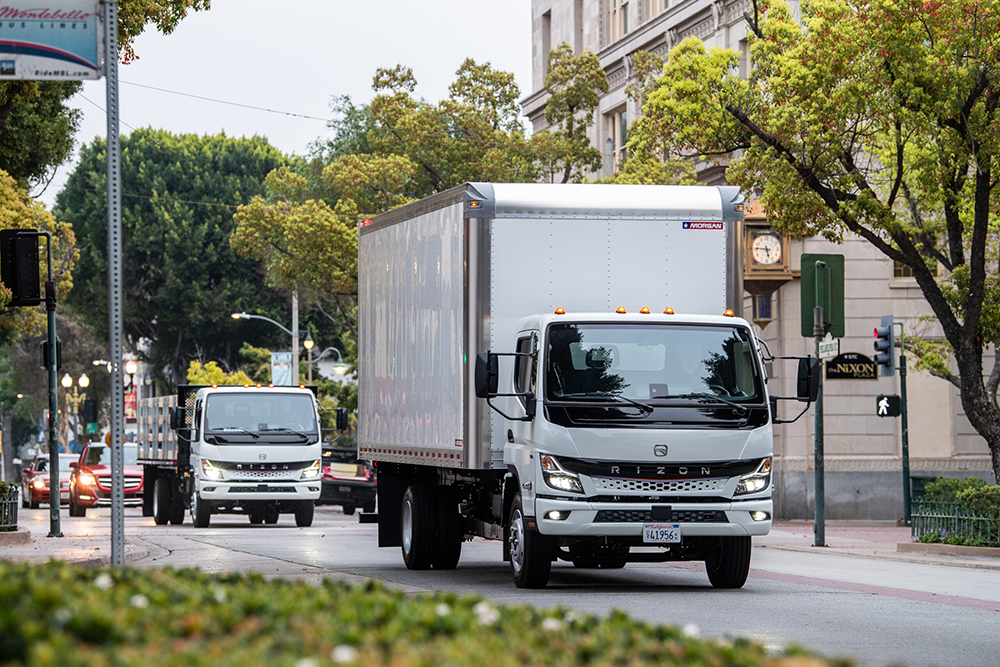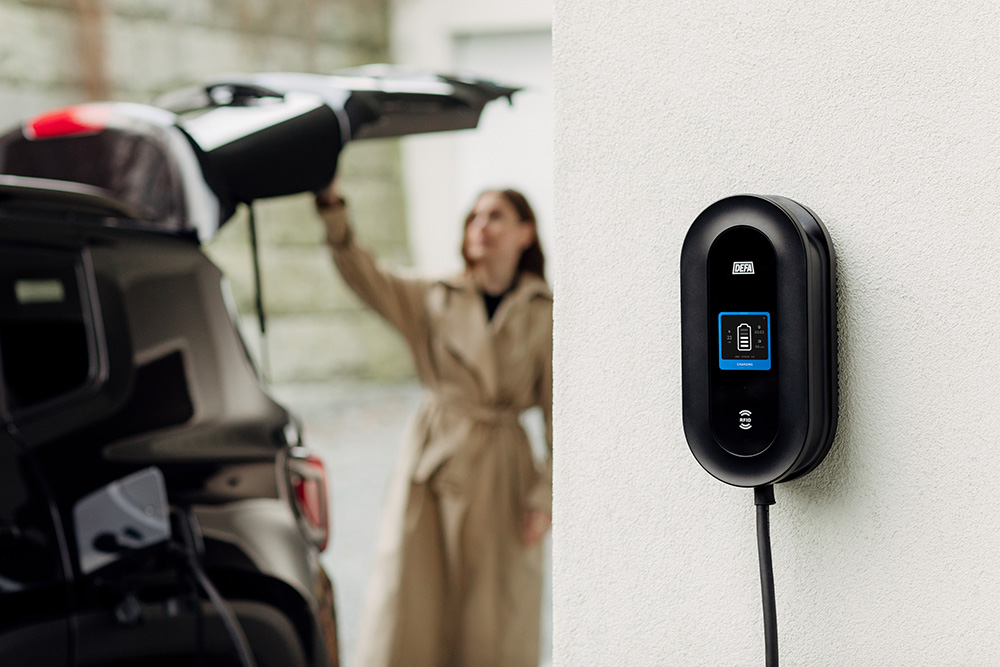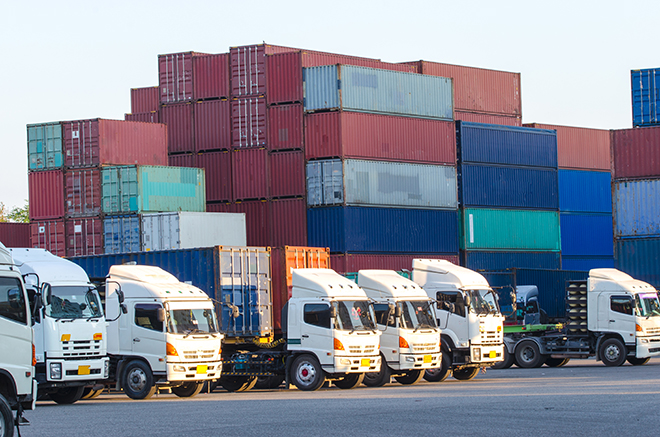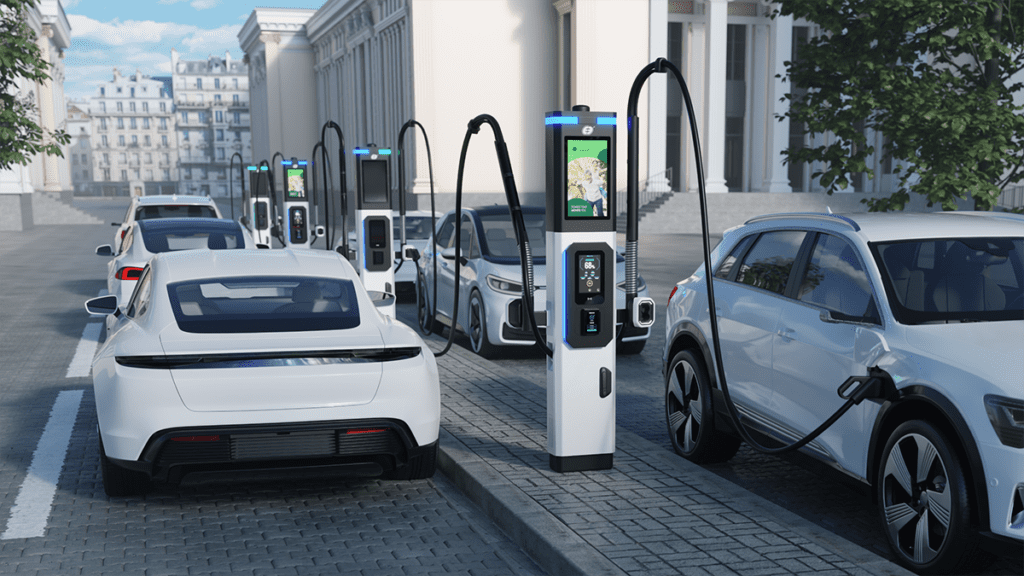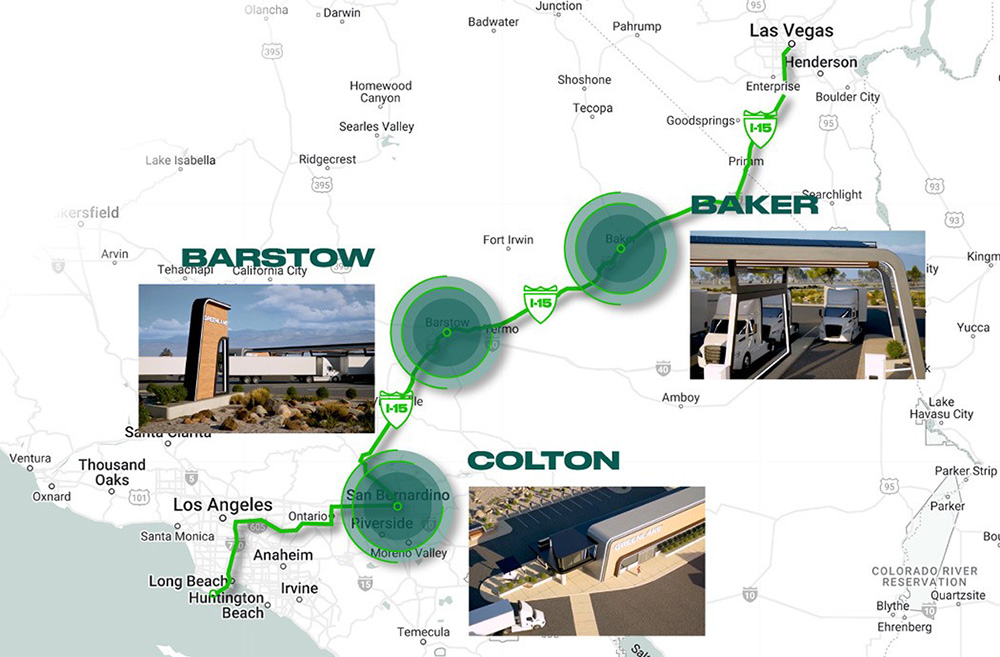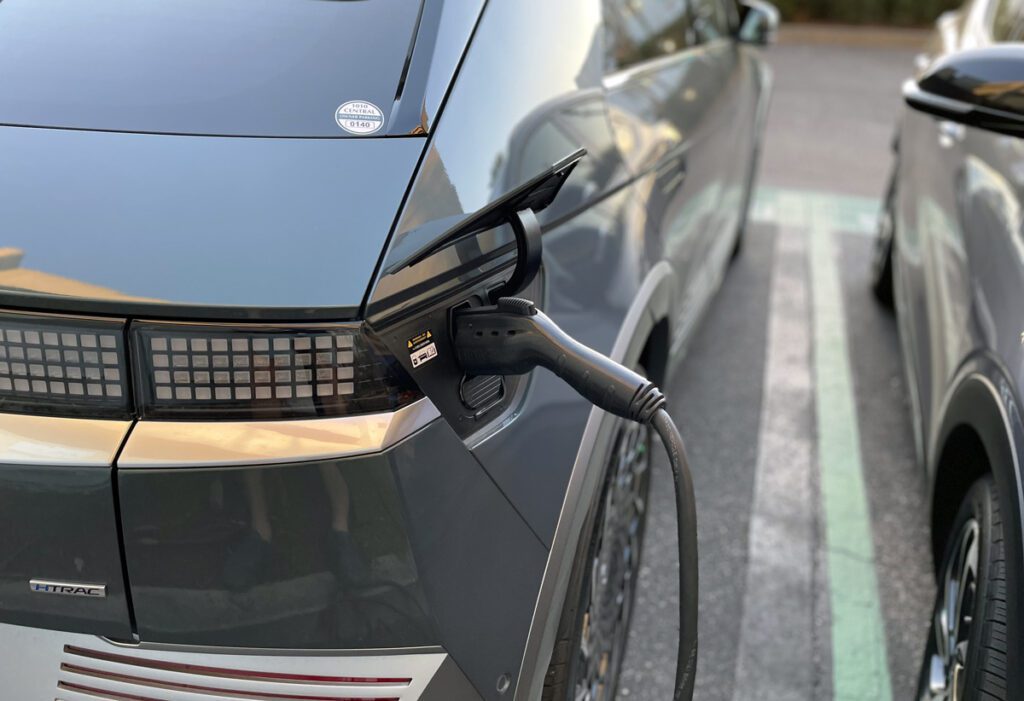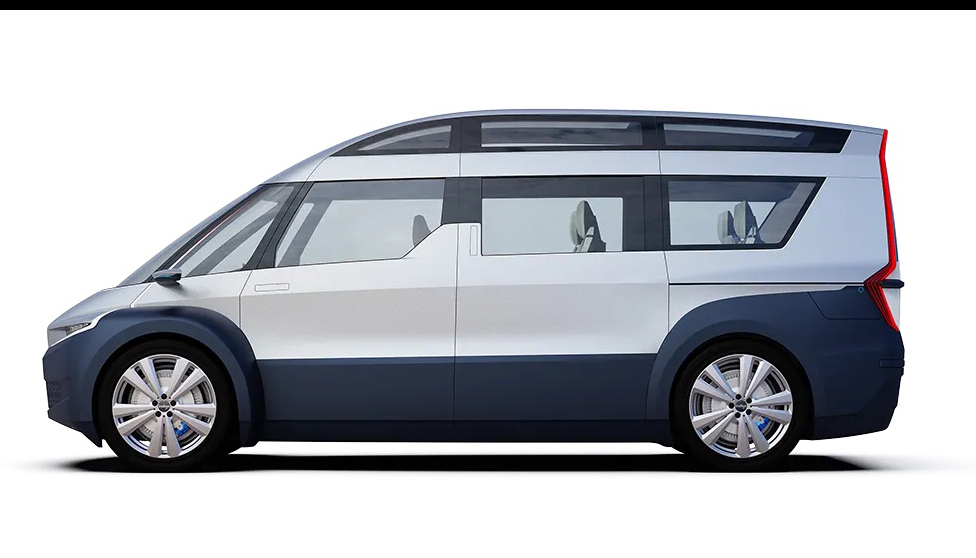As Germany and Switzerland work to phase out their nuclear power plants, the countries are becoming vast laboratories for renewable energy research, and EVs are an important part of the equation. A team from the Fraunhofer Institute for Industrial Engineering, together with Daimler and the University of Stuttgart, has announced a project called charge@work, whose aim is to design a micro smart grid (MSG) capable of supplying an EV fleet with electricity produced exclusively from renewable sources.
“Charging an electric vehicle fleet poses high requirements on the energy system. Setting up an EV charging infrastructure of this kind is impossible without smart charging and load management,” says Hannes Rose, head of the Mobility Innovation Lab at the Fraunhofer Institute.
The system includes a charging station that can recharge up to 30 EVs at a time, providing up to 340 kW; a lithium-ion battery storage unit; a redox flow battery; a photovoltaic unit and a 30-meter-tall wind turbine that delivers 10 kW, as well as energy management software.
The MSG, which can be run in “island mode” or connected to the local power grid, is designed as a DC grid. “Photovoltaic facilities and battery storage devices both use direct current. We settled on a DC design for our micro smart grid to avoid the losses that occur when transforming AC into DC,” explains Rose.
The scientists plan to create a testing environment that will allow public utilities, industrial firms and communities to explore the potential of micro grids. Using the Fraunhofer MSG demonstrator, project partners can test their hardware and software components, and investigate options for allowing other consumers to connect to the MSG.
“As Germany continues to move toward a new energy economy, increasing demand is being placed on the country’s power grids,” says Rose. “Wind and photovoltaic facilities generate electricity intermittently, which doesn’t always match customer demand. The grid has to compensate for these fluctuations, increasing the risk of power outages. We can counteract this risk by establishing decentralized supplies of electricity and by optimizing the way we manage our energy. And doing so also serves to increase our independence from energy price trends by largely eliminating the need to import electricity.”
As part of its contribution to the project, Daimler is making 260 EVs available to employees, with 170 charging points at five Daimler plants in Stuttgart.
Source: Fraunhofer Institute , Green Car Congress
Image by Victor S. Brigola / Fraunhofer IAO



